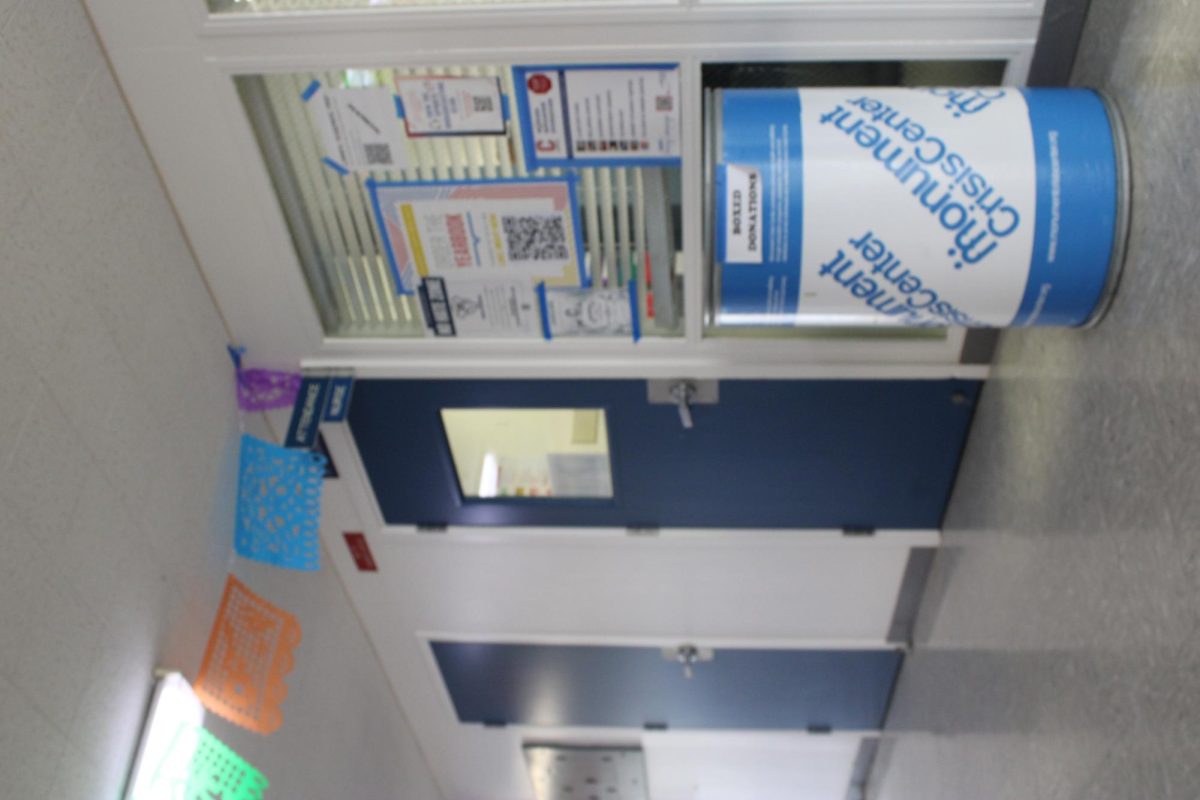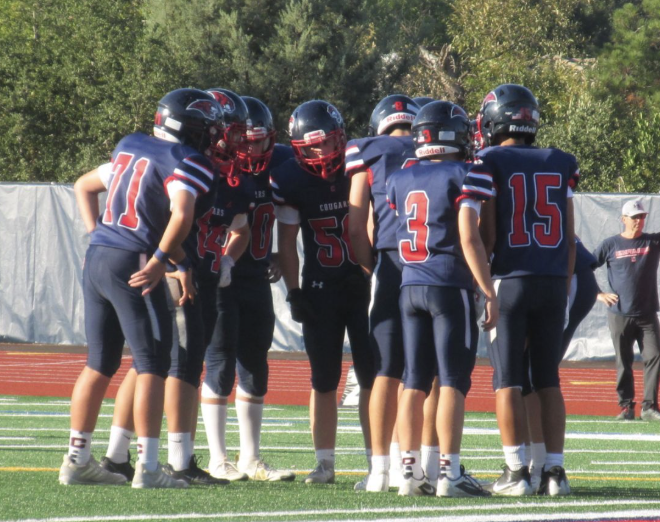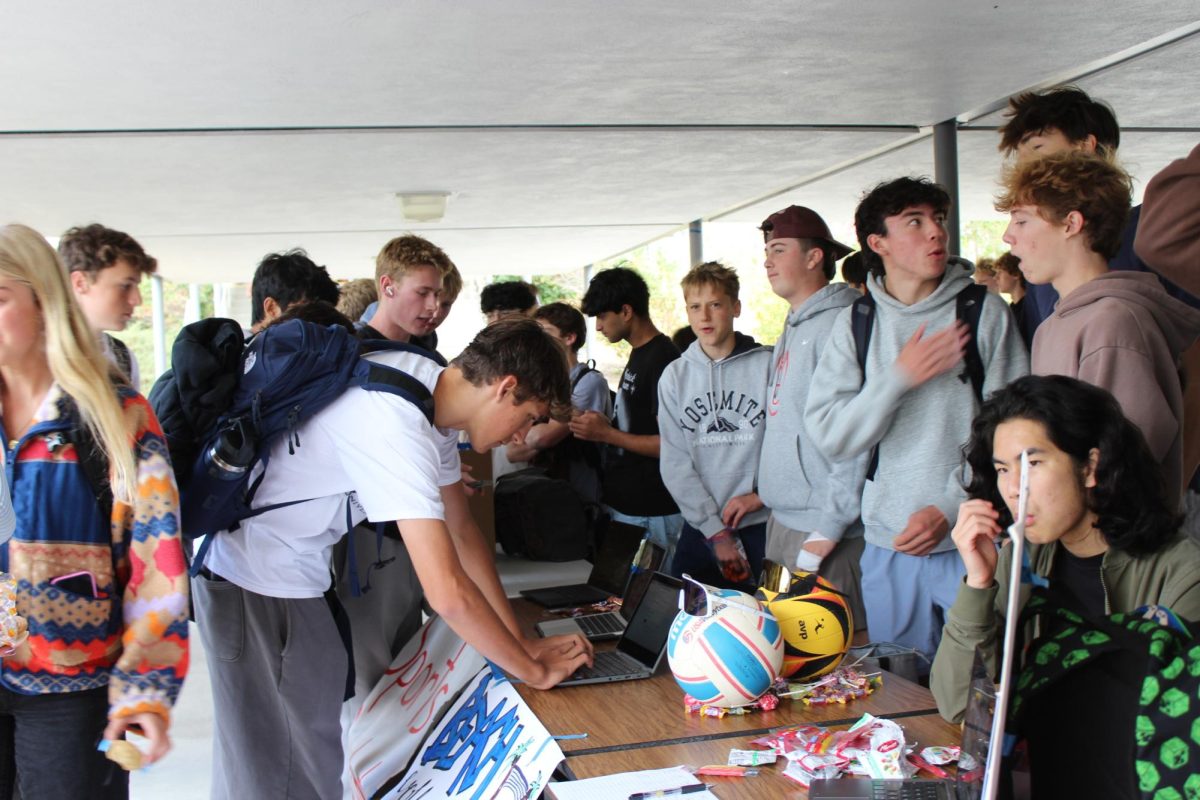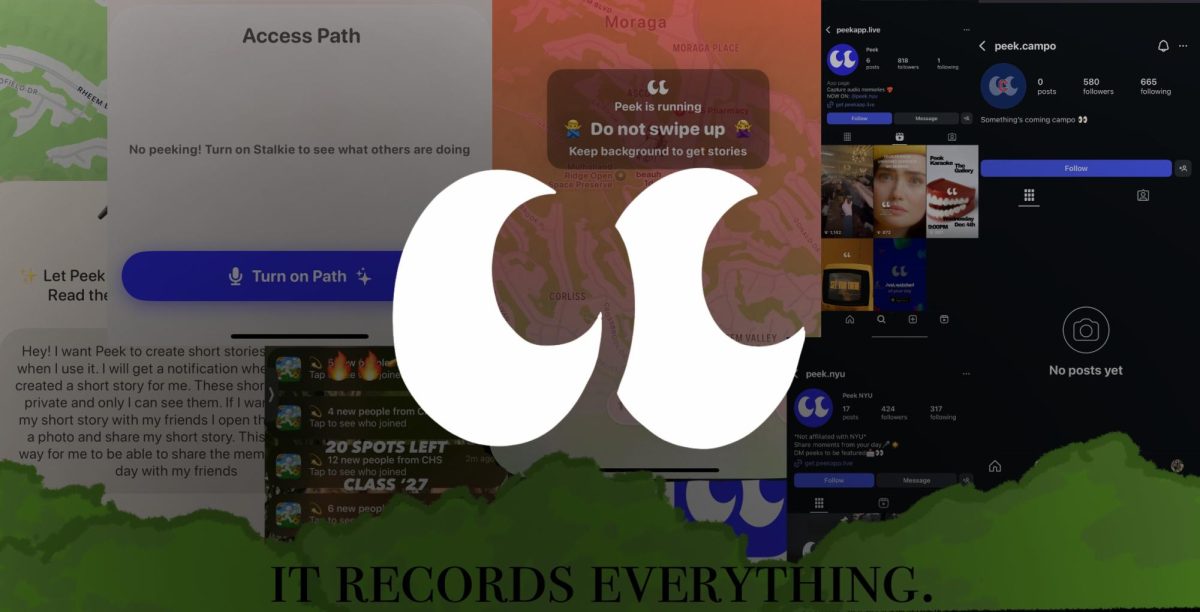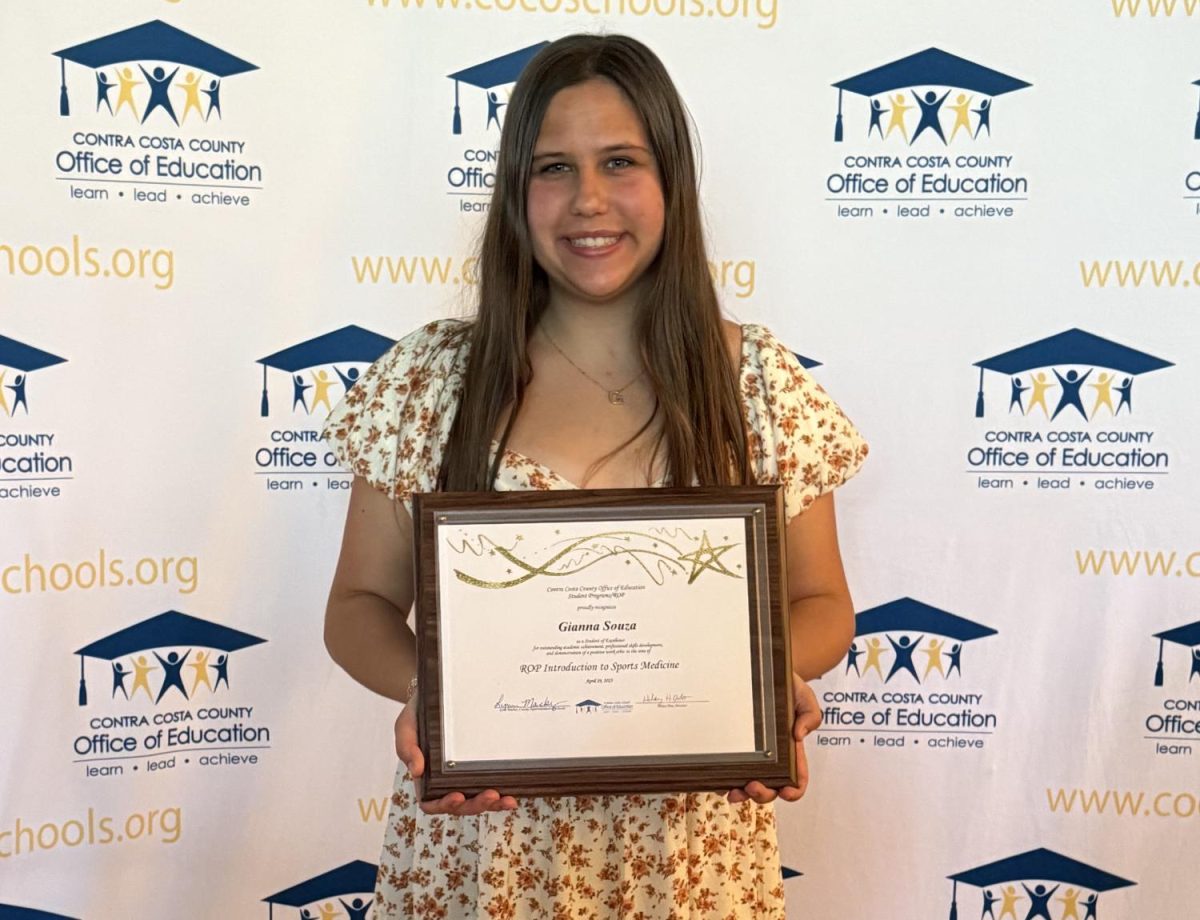Seniors in Dino Petrocco and Tom Renno’s AP Comparative Government classes participated in a Moot Court, a simulation where students argued cases that have been recently presented to the supreme court. The cases were presented in class November 18-22.
According to Petrocco, this project helps students understand the United States judicial system. “Our judicial system, particularly our Supreme Court, is overlooked when it comes to how our government functions, and its relevance. I like to give students opportunities to see that each and every year, the Supreme Court is making these decisions that have huge ramifications for the economic world and society in general,” he said. Petrocco likes to include activities in his curriculum. “I think students learn a lot when they’re actually doing stuff,” he said.
Petrocco also felt that it helped students work on skills like public speaking, research, and writing. “I always like putting students in an activity where you have to think on your feet and defend what you just said,” he said.
Senior Zach Beck, who was a attorney on Shelby County vs. Holder, enjoyed how the project taught them about the Supreme Court. “I enjoyed how it gave us view of how the Supreme Court works by actually being a part of it,” he said. “It’s important to learn about to really understand how it works, so we can really participate in the government. It’s not really a democracy if the people don’t participate.”
Students requested cases and were sorted into groups of three to argue as a plaintiff or defendant. The cases included Fisher v. U. of Texas, Oklahoma v. Barber, Shelby County v. Holder, Hollingsworth v. Perry, and Clapper v. Amnesty International. Each case concerned individual rights such as gay marriage, abortion rights, and affirmative action.
Additional students played the role of Court Justices and had to prepare a legal brief that included a summary of the case, their arguments, and information about the rule or amendment in question. They used a legal precedence, or past court rulings, to justify their argument. Senior Rachel Liao liked the project and felt that it was an important part of their unit on the United States. “I really liked learning about the other cases,” she said.
Senior Zach Scheer enjoyed the arguing for his case. “It was a good challenge, not just because you had to argue your own case, but because you also had to answer questions from the justices,” he said.
Students spent several hours outside of the class to complete project. Senior Geoffrey Ringlee argued opposite Scheer on Hollingsworth v. Perry on the issue of gay rights. “We researched the case and considered how the other side might approach the issue so we could counter them,” he said.
Scheer was a judge on Fisher v. Texas. “If you had a basic background on the case then you could ask the attorneys some challenging questions, and challenge their stance,” he said. Justices must write a reactionary report and side in favor of either the plaintiff or defendant.
“On the whole, I have been pretty impressed. There have been some low points, probably from a lack of coordination from the teams, and a lack of really delving into the research,” Petrocco said.
